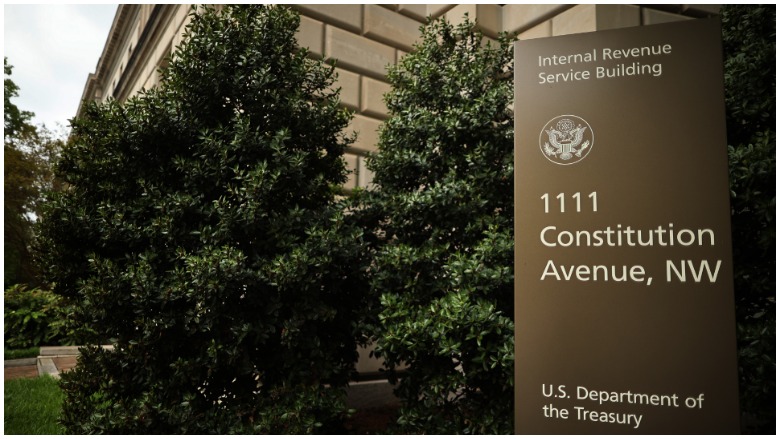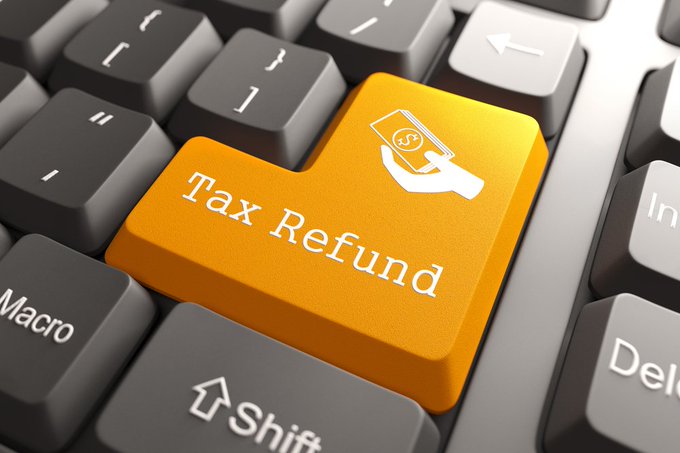
Getty
As the national economy and individuals continue to be hammered by the coronavirus pandemic, many are looking to what they hope will be a boon for their bank accounts: tax refunds.
But although the extended deadline (July 15) for filing taxes has long passed, many people have been waiting for their tax refunds since the date of the original deadline, April 15; this is the case, even with people who e-filed, which the IRS generally says should only result in a three-week wait for returns.
Arizona Central reported that the IRS had “processed 24 million fewer returns than it had last year” on April 17 and the Wall Street Journal reported that as of July 4, the backlog had shrunk to 7.8 million.
If you are one of the 7.8 million who are still waiting for a tax refund, here are a few dos and don’ts while you are waiting that will ensure your best chances on quickly receiving a tax refund.
Why Are Refunds Late This Year?
According to a report that National Taxpayer Advocate Erin Collins sent to Congress, the IRS was unprepared technologically and personnel-wise to handle the one-two punch of 2020. The effects of forcing IRS agents into remote work and tasking the IRS with distributing economic impact (stimulus) payments has led to very long delays.
After the pandemic hit, the IRS shut down its Accounts Management telephone lines (live telephonic assistance), Taxpayer Assistance Centers (in-person assistance) and mail facilities, leaving people with only the IRS.gov website and an automated telephone service for answers. (You can follow this guide on how to reach a real-live person at the IRS here).
Smart Asset reported that stricter identity-theft-prevention measures have resulted in longer processing times as well.
IRS Spokesman Eric Smith provided the Washington Post with some answers, although not many. He suggested people call early in the morning or late in the day and also in the middle of the week. He also suggested that people visit local Taxpayer Assistance Centers (TACs), even though they are appointment-only and most have been closed for months due to the pandemic.
According to ABC-7, 94.3 million refunds worth $255.4 billion were sent out by May 8 and the IRS told the station that it expects 90% of refunds to be issued in three weeks or less, but “it’s possible a particular tax return may require additional review and a refund could take longer. Many different factors can affect the timing of a refund.”
However, there is some good news – the law requires the IRS to provide people with interest on their refunds if those refunds were submitted filing deadline.
What You Should Do While You Wait
As you are waiting for your refund, you should also use the Where’s My Refund tool (you can also call 800-829-1954). Although it has some glitches – people were reporting that it appears to be stuck on the “processing” phase – it is important to be able to tell an IRS agent what the tool says about your refund.
You should also ensure that the IRS has your current address (information about how to update that available here) and phone number, in case they sent a letter requesting more documents or information that they are still waiting on you to respond to. The IRS recently announced that it was suspending the mailing of certain notices (three types that would alert people who have a balance due) on August 22.
You should also call the IRS for an update, and ask the following:
- If/when your return was received
- The estimated total of the refund
- Whether any notices were sent out by the IRS
- Whether the return is missing any vital information
- If/when any additional documents you sent were received
- A date by which you can expect to receive your refund
Again, the guide on how to navigate the automation and reach a live person at the IRS is here.
What Not to Do While You Wait
Don’t refile your tax return. Refiling a tax return will flag the IRS and likely result in the second return filed being rejected. In some cases, it might cause IRS agents to freeze your account until they can verify your identity and work to reconcile the two returns, according to Turbo Tax.
Do not attempt to correspond with the IRS by mail. With post offices already experiencing some delays, according to, there’s no guarantee your mail will arrive by any deadlines set by the IRS. Also, even if they are received by the IRS, there may not be enough staff to look at them.
The Washington Post – after speaking with Smith – said, “The IRS says don’t bother writing to inquire about your return, refund or stimulus payment. The agency doesn’t have the staff to respond to taxpayer questions.” If possible, try to provide any information over the phone or via fax (faxing information available here).
Don’t worry about facing late fees or bad check penalties if you attempted to pay a tax balance with a check mailed between March 1 and July 15, but the IRS never cashed it.
“To provide fair and equitable treatment, the IRS is providing relief from bad check penalties for dishonored checks the agency received between March 1 and July 15 due to delays in this IRS processing. However, interest and penalties may still apply,” the IRS website states.
READ NEXT: Nearly 14 million Americans Could Receive Tax Refund Interest Checks
